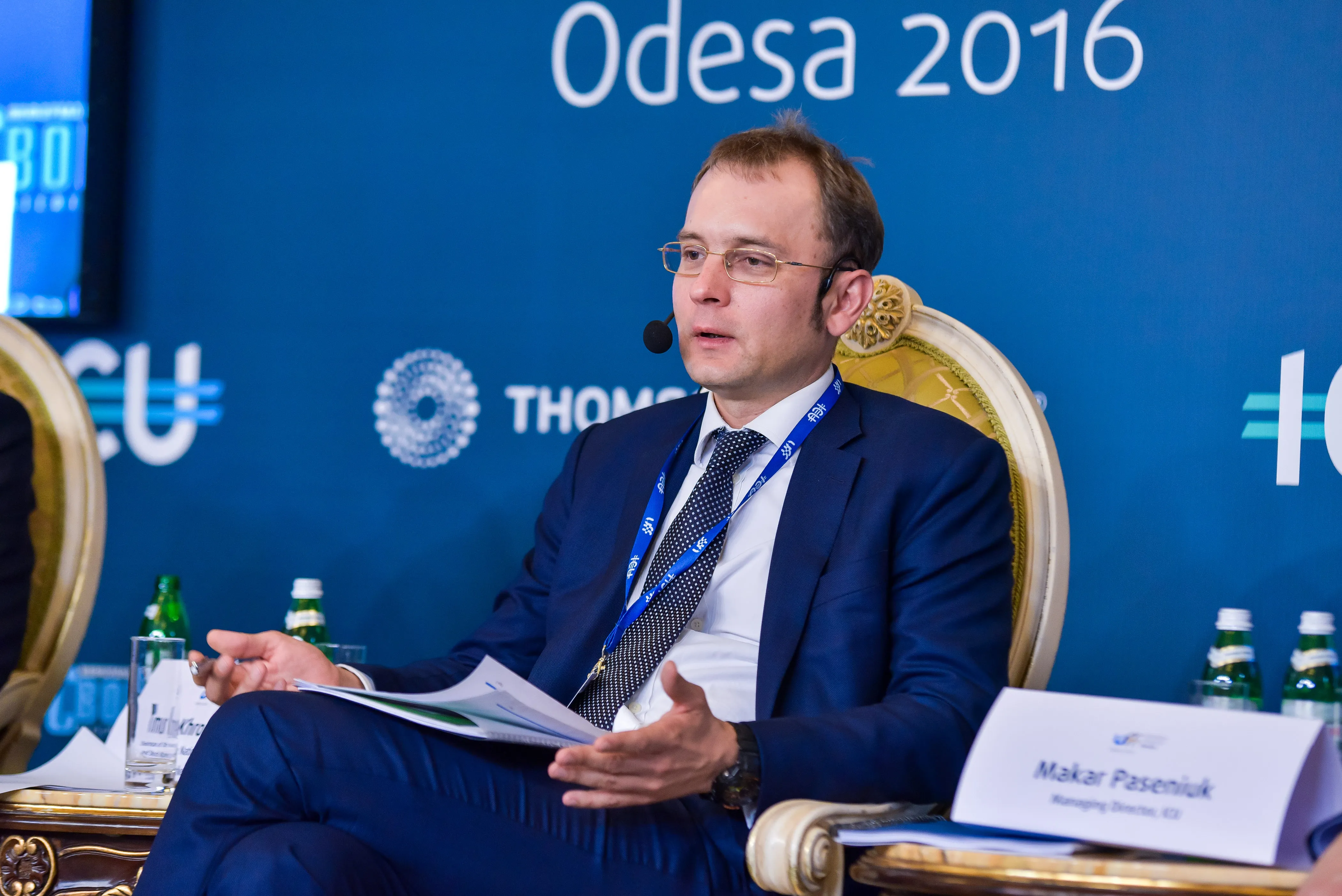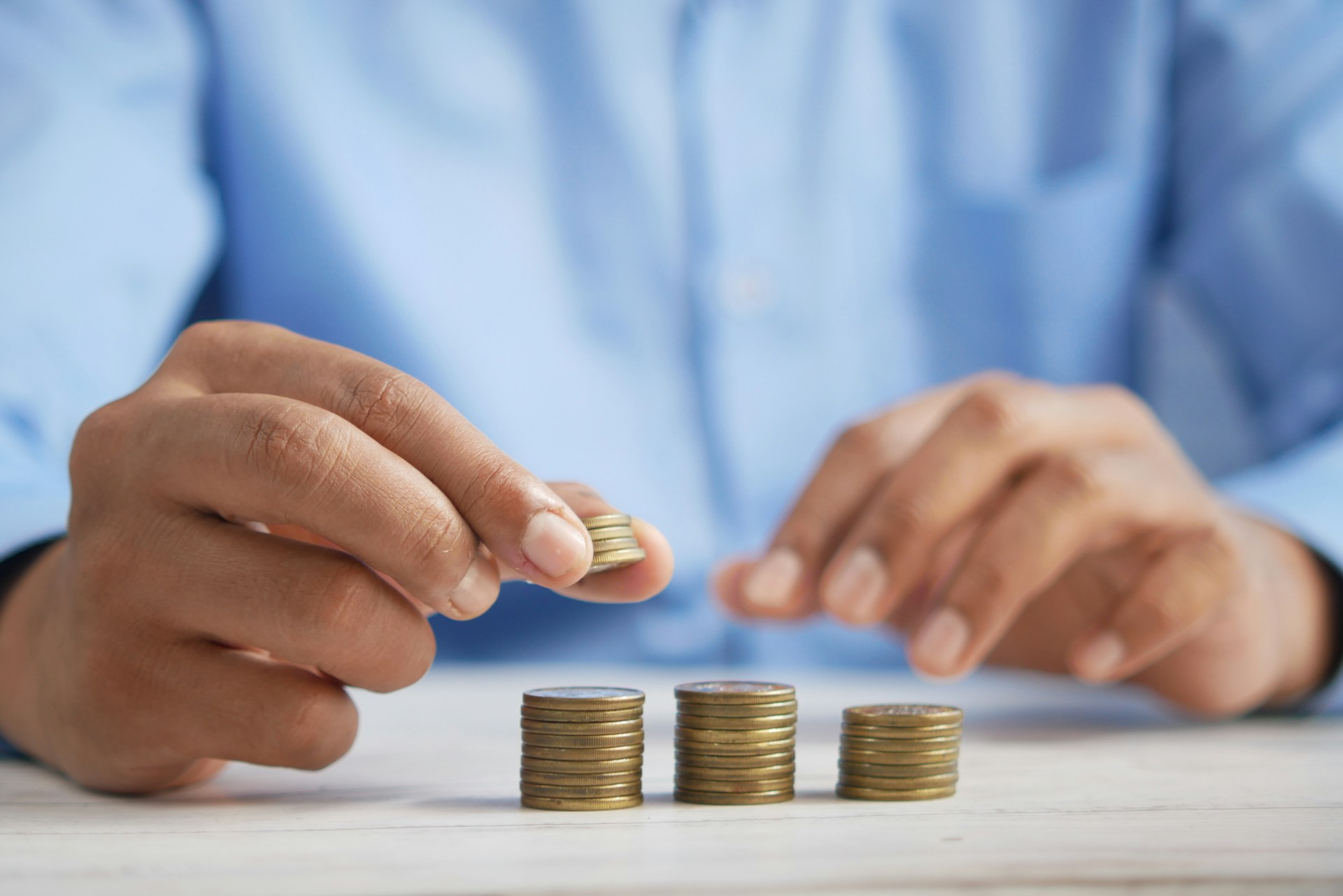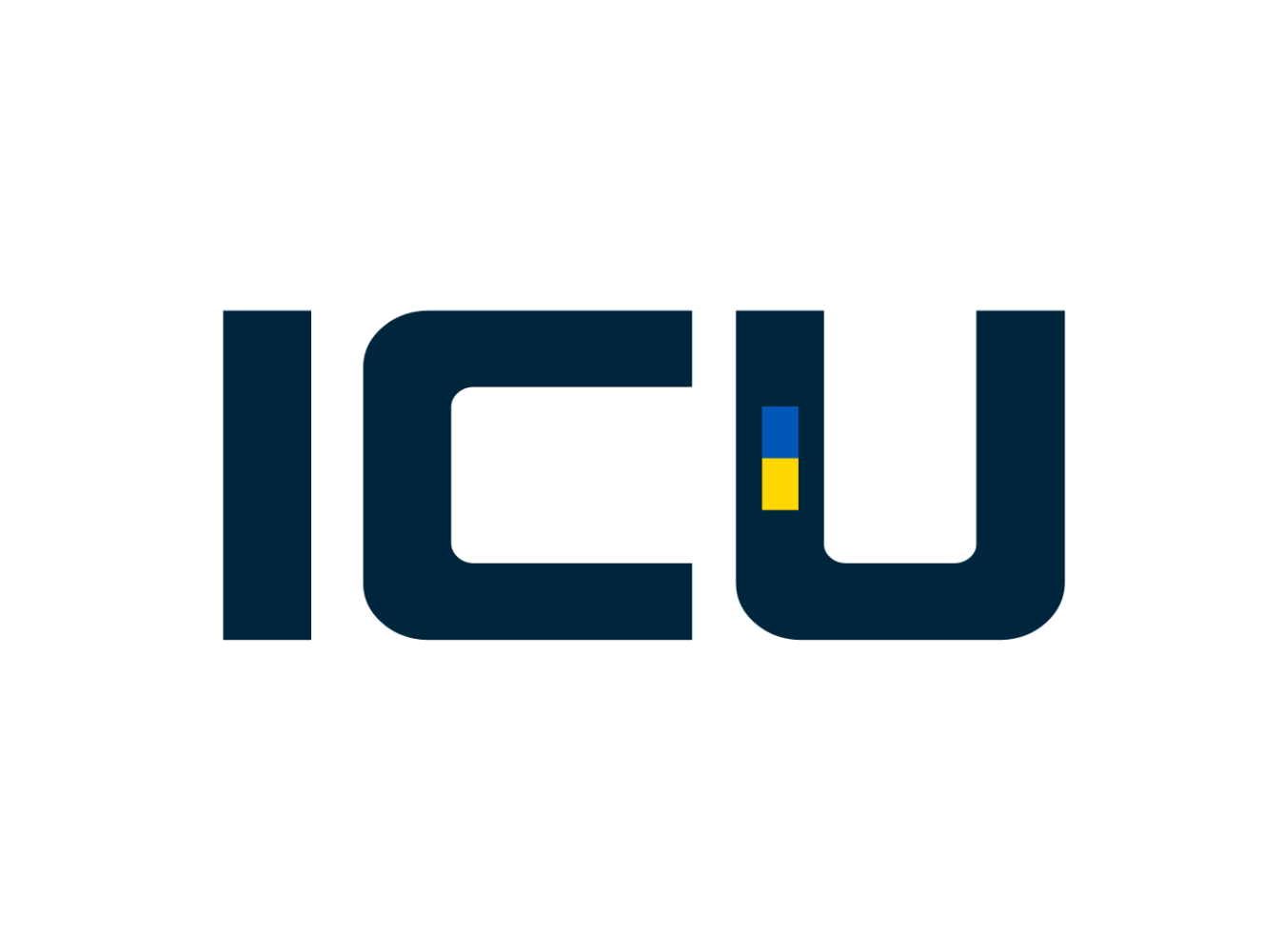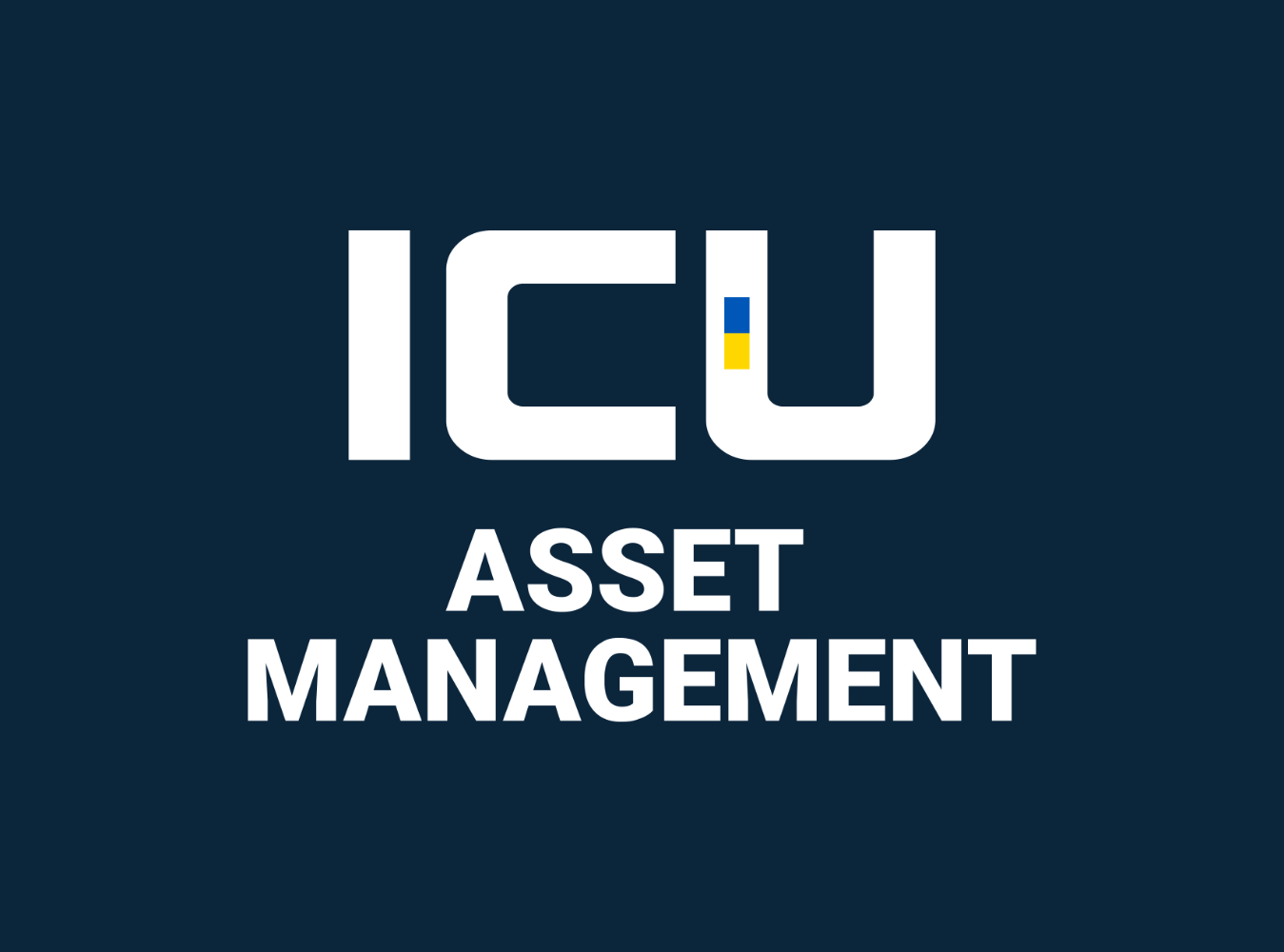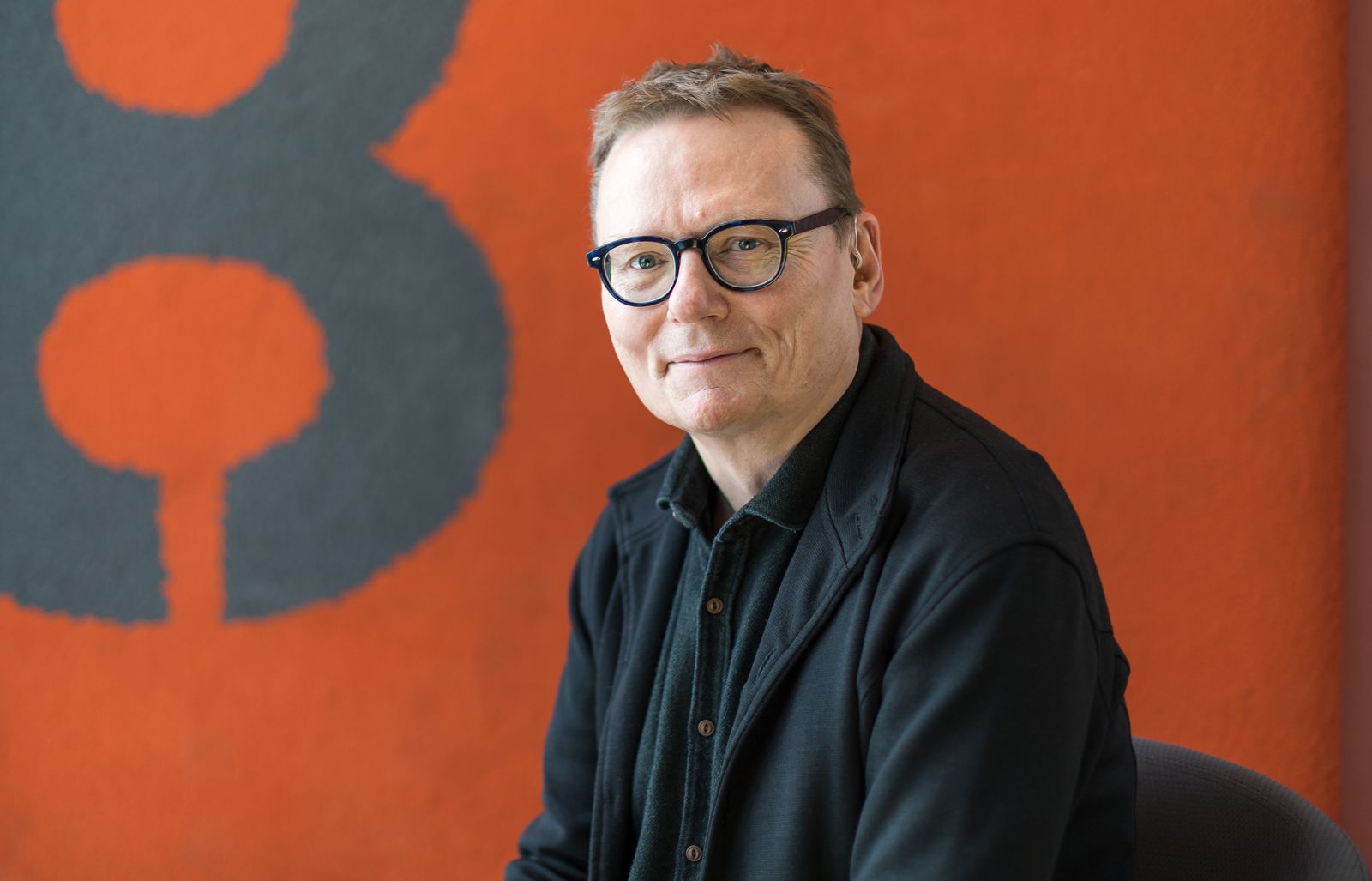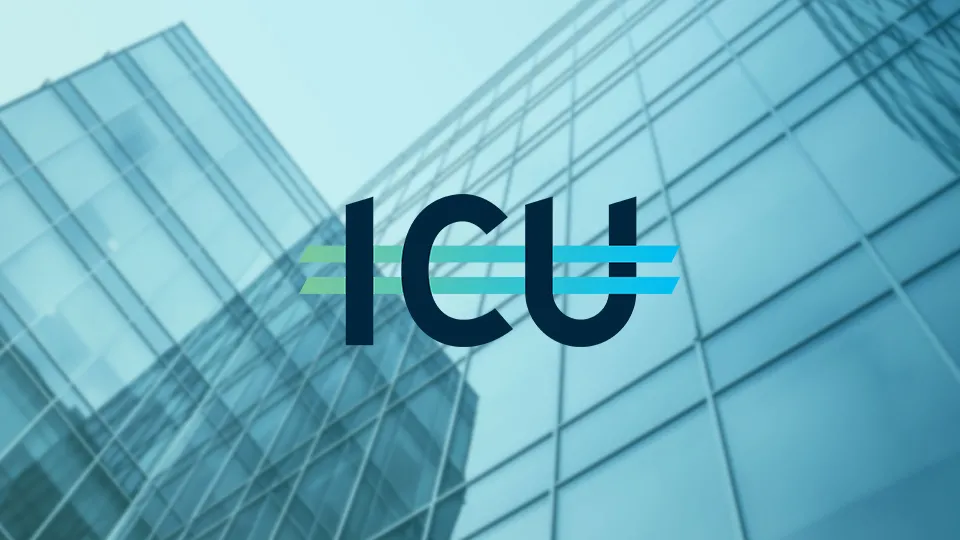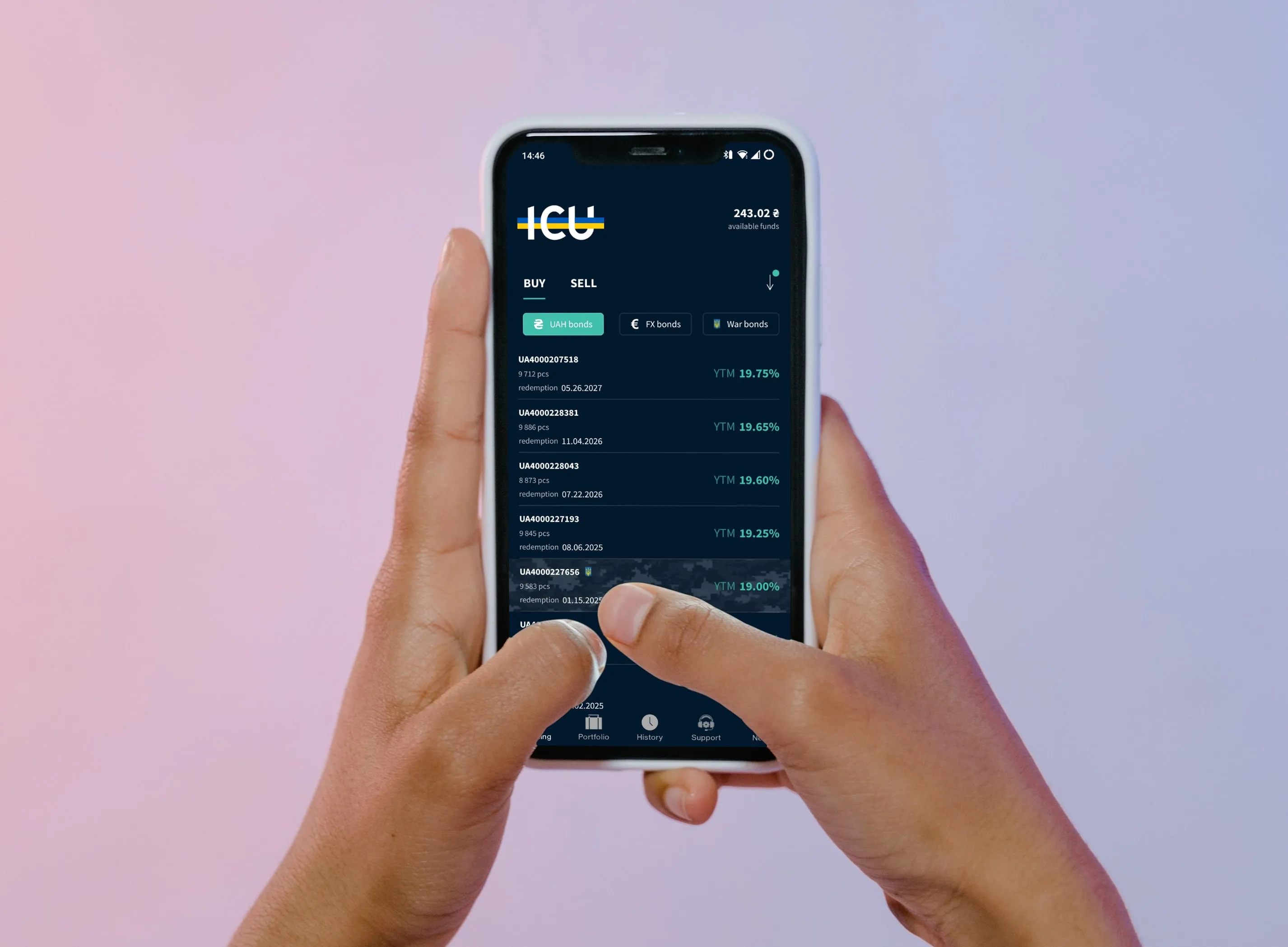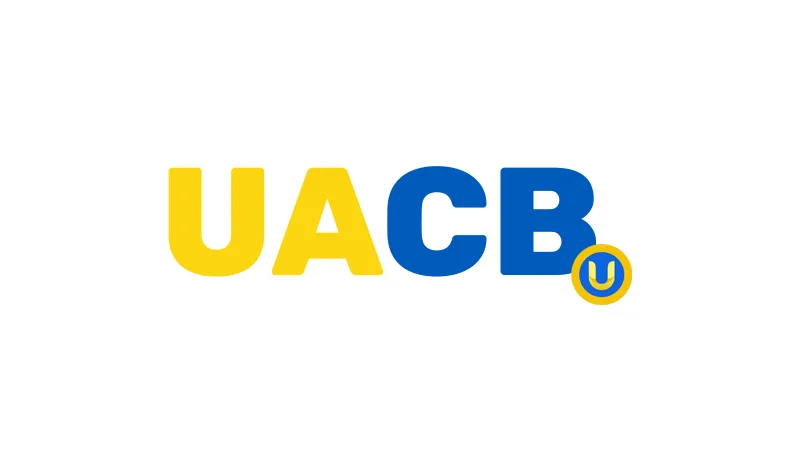According to the founder of ICU Investment Group, Makar Paseniuk, foreign investors that are specialized in purchases of distressed assets, have expressed interest in the similar assets in Ukraine. Besides, after the improvement in the work of Deposit insurance fund (DIF) and justice system the activity of such assets at the internal market should increase.
“The range of specialized investors who buy distressed assets and work with risk legislation, are expressing interest in Ukraine and are ready to take part in the process of privatization” – he said at the Ukrainian Financial Forum which was organized by ICU in Odesa.
According to him, the balance sheet assets by insolvent banks that vested in DIF amount to some 405 billion UAH.
“It is clear that their market value, by their estimate (DIF –IF) amounts to 24% (of balanced value –IF), and by the estimates of people, who are ready to invest, it is at least 5-7 percent less. Still, this is some 2 billion USD, which is a big sum for our country”, - Paseniuk noted.
He gave an opinion that these assets of DIF for today are the most real for sale at the Ukrainian market, since the possibilities like this in the private sector are “illusive’, and the privatization is not very interesting from the financial investors’ point of view.
Speaking of the other instruments in Ukraine, the founder of ICU made a point that thanks to the restructuring of external business debt and macro-stabilization of the income as to internal liabilities fell from 23% to 17-18% per annum, and for Eurobonds with high double figure value it approached pre-crisis levels – some 8% per annum.
“Investors convinced themselves that they should be less afraid of Ukraine, the greed prevailed once again, and so we have that income that we have. It seems that those 8% can turn into 6% and this will more or less correspond to the income for the foreign loans in the countries with similar credit score. That means that there is some potential for the prices’ growth if we think in these terms”. – M. Paseniuk thinks.
According to his opinion, on internal bonds, the rate will be falling in direct proportion to the decrease in official discount rate and the growth of liquidity.
“But the major question we and investors have is: OK, let’s lower the income to 6%, what then? It is about the growth of GDP”, - the founder of ICU underlined.
He believes that the main growth driver can be external and internal investments in real projects. “The reserve for stimulation of the economy through the budget deficit is limited. In the context of the current account’s and net export’s growth we are also the hostage of circumstance at the raw material markets. There are external and internal investments left that can stimulate this growth”, - M. Paseniuk explained.
The investment banker also added that the good demonstrator of investment opportunities of Ukraine and the growth stimulator could be the state companies that are the operators of infrastructure as they have an essential cash flow due to the rates increase.
According to him, one more possible growth driver is the potential land reform which could be started from 10 million hectares of land in state property. He marked that the most part of it is given in rent, while at the average rate 150 USD/year and rather conservative 10% cap rate it could bring some 15 billion USD of investments.
The Head of ICU also considers it important to design a proper and adjusted communication policy to attract investments: “When you read what foreign investors read there appears to be no big desire to invest, because there are a lot of articles on problems, on our inconsistency. This is not how one should sell an elephant; we won’t sell an elephant like this”.
In the context of cash flow, which is generated by the economy, we are situated at the bottom. That is why many things should cost and be felt cheap. If we see the light at the end of the tunnel in the shape of higher growth rates, than those forecasted by IMF and the economists who cover up Ukraine, if we try to sell that little elephant by joint efforts and don’t talk about difficulty or inconsistency, then we have a marketing argument to sell the country outside”, - M. Paseniuk says.


